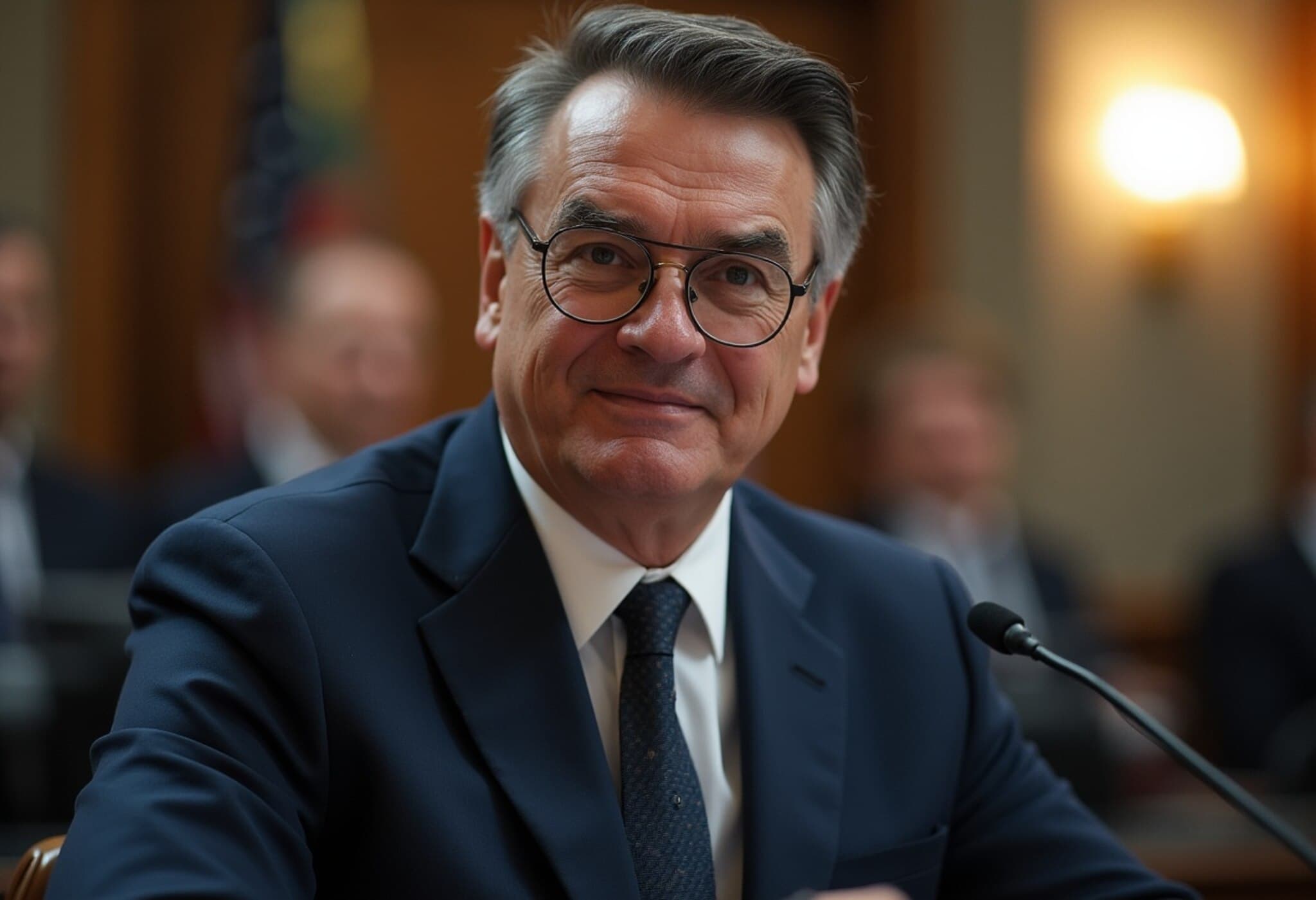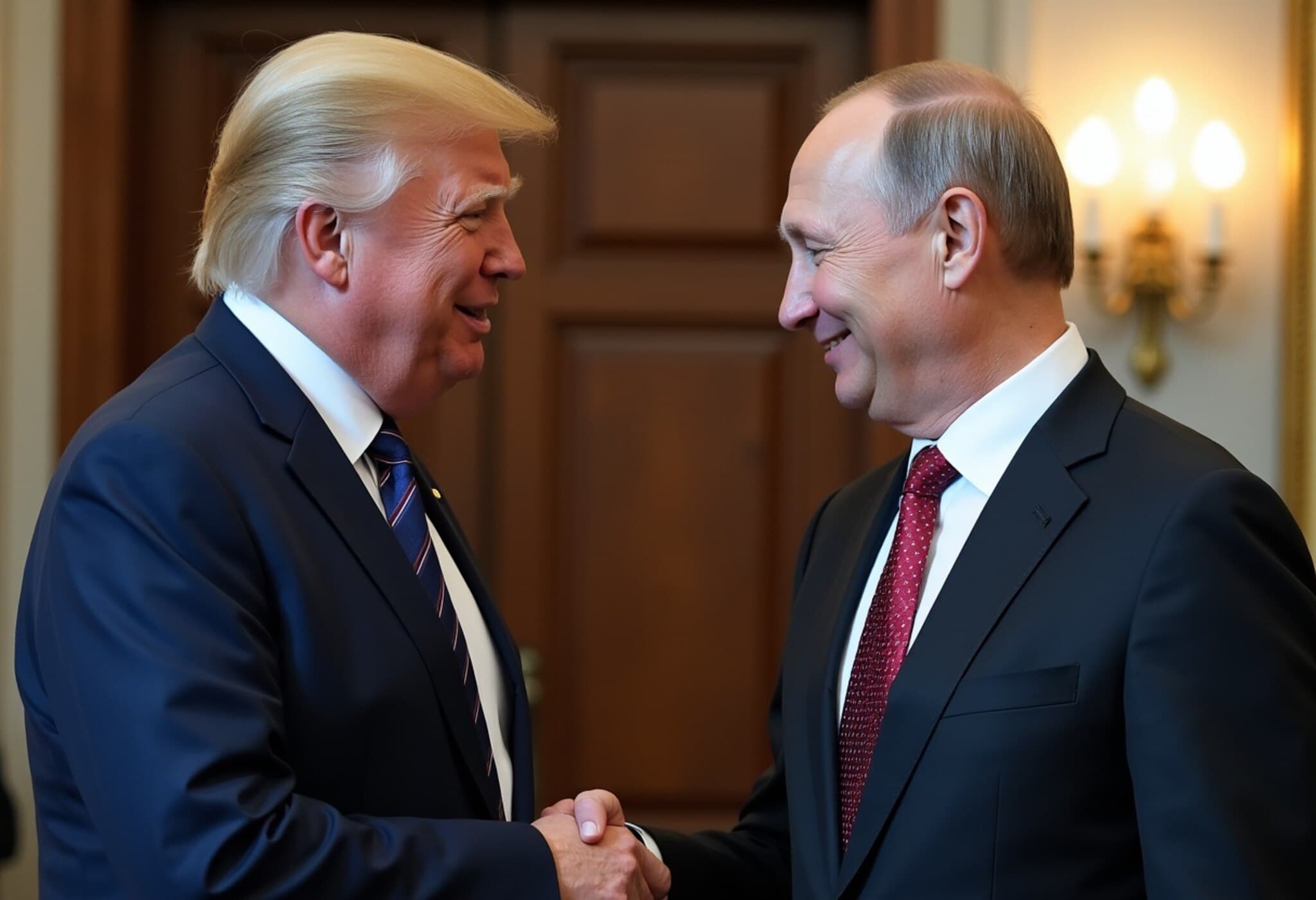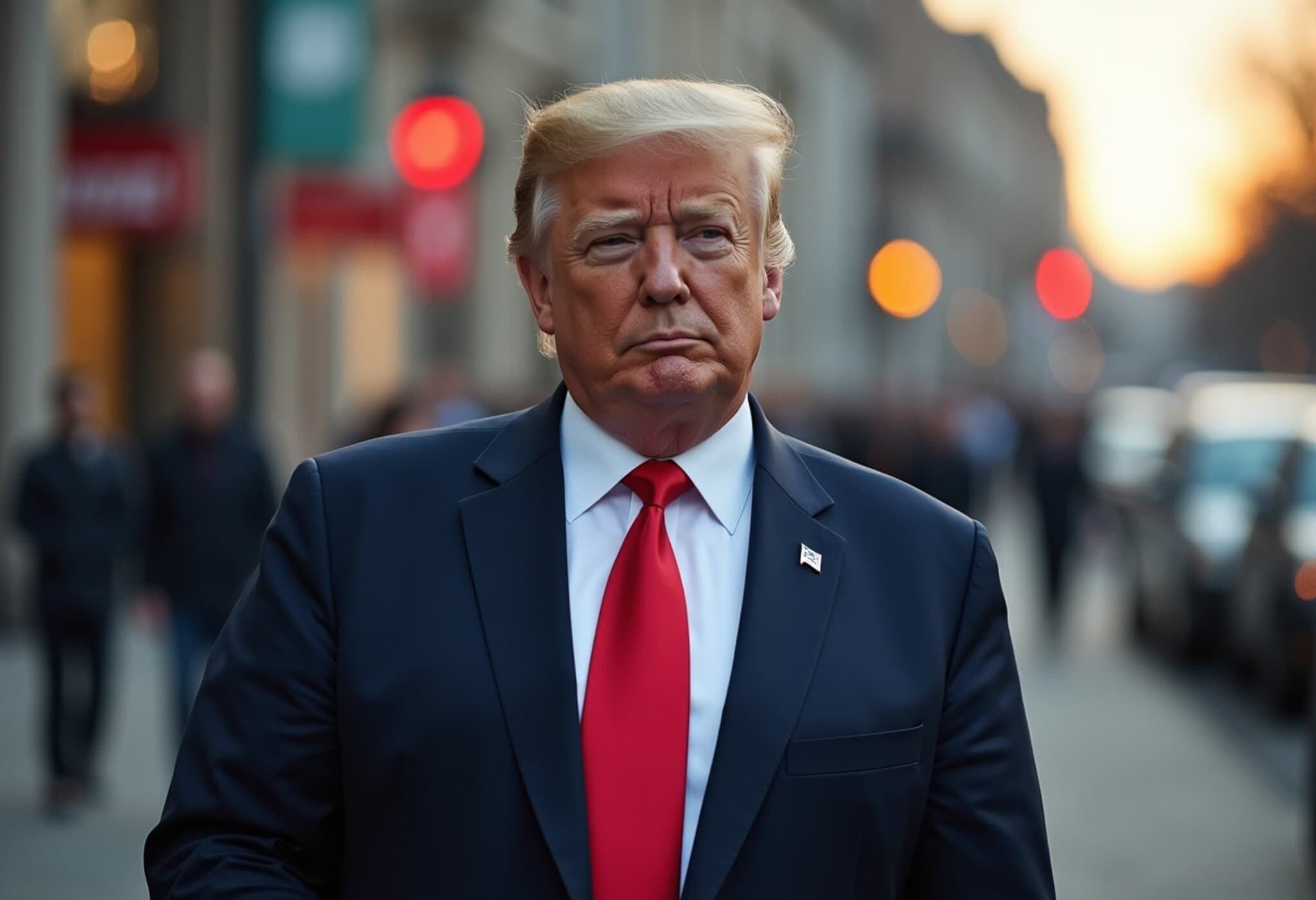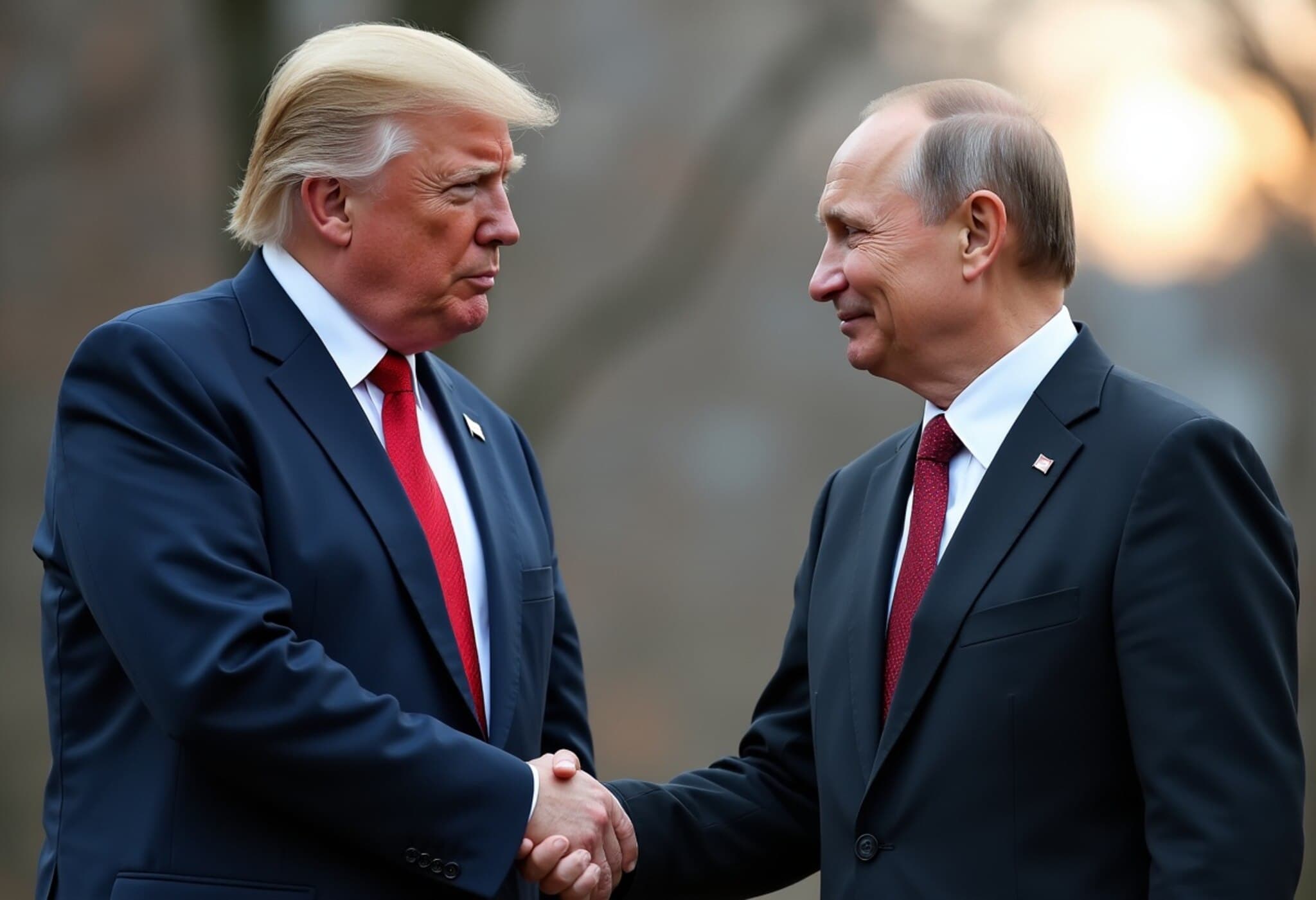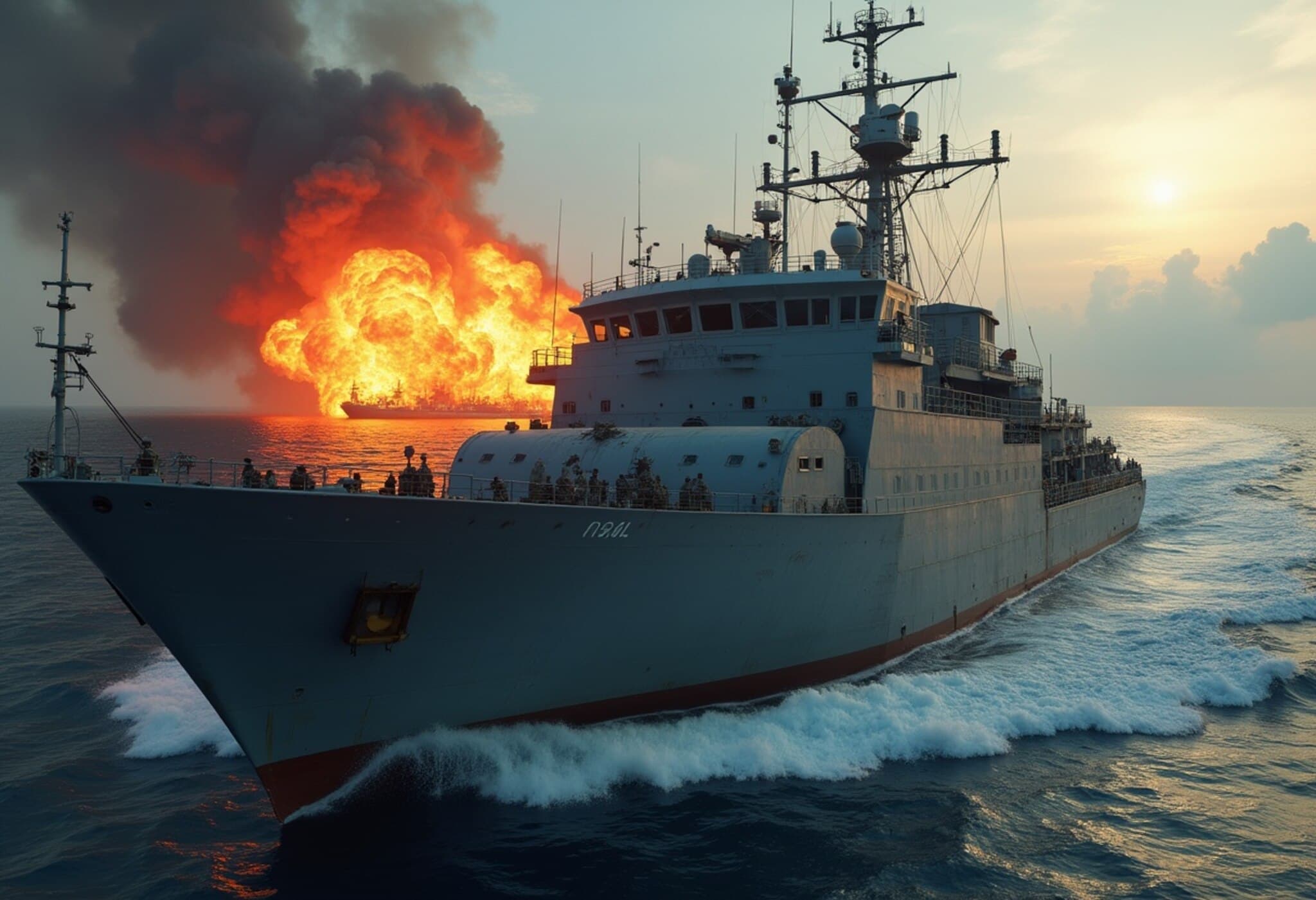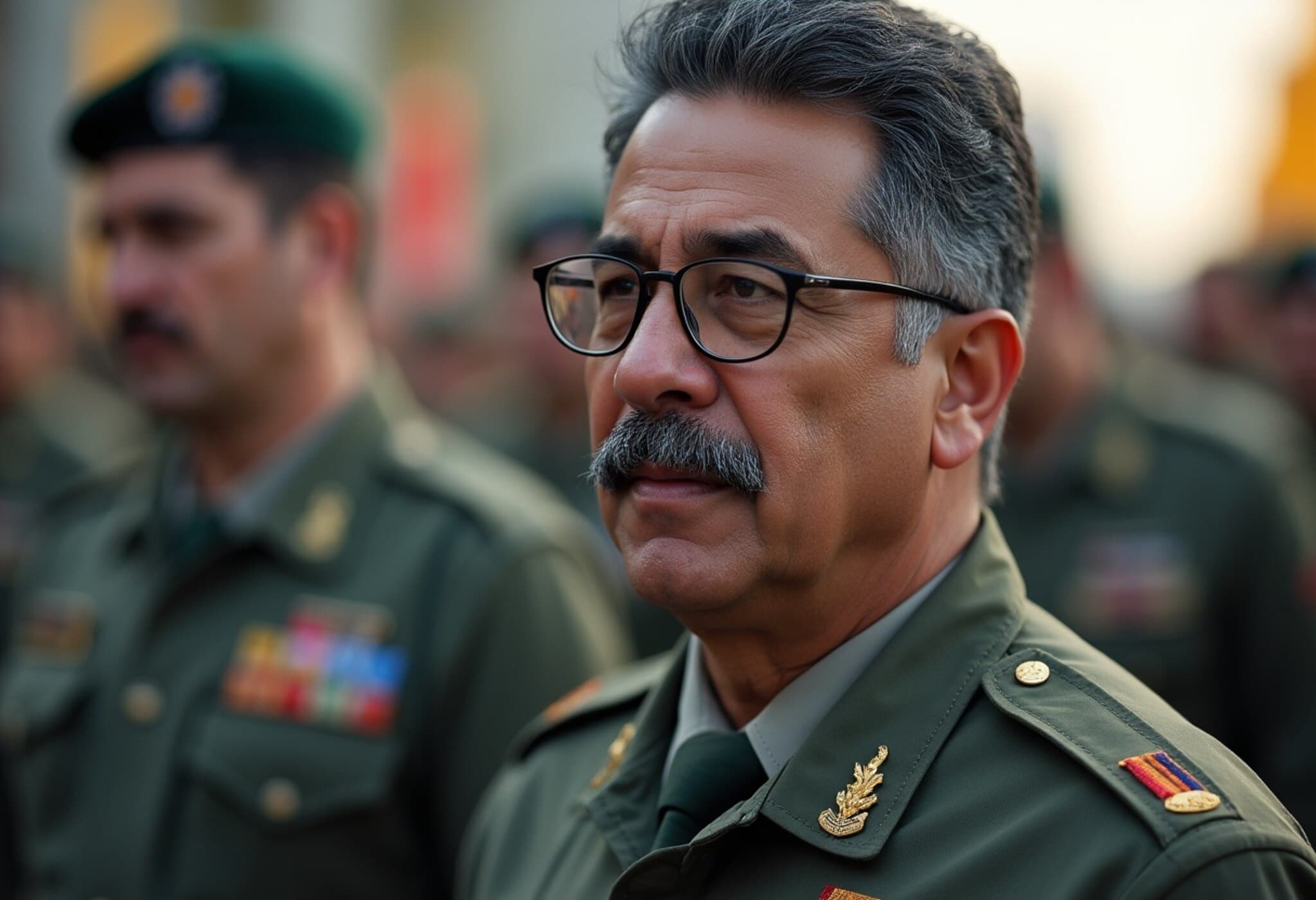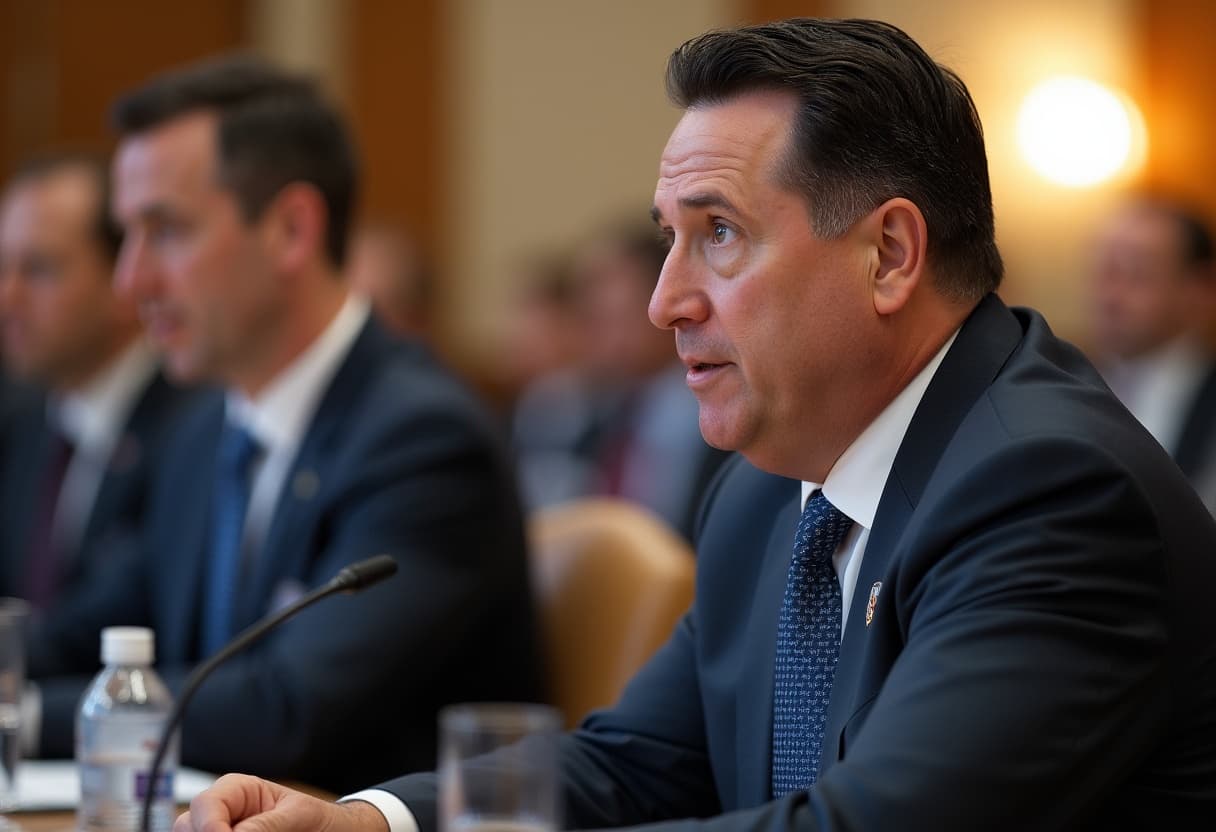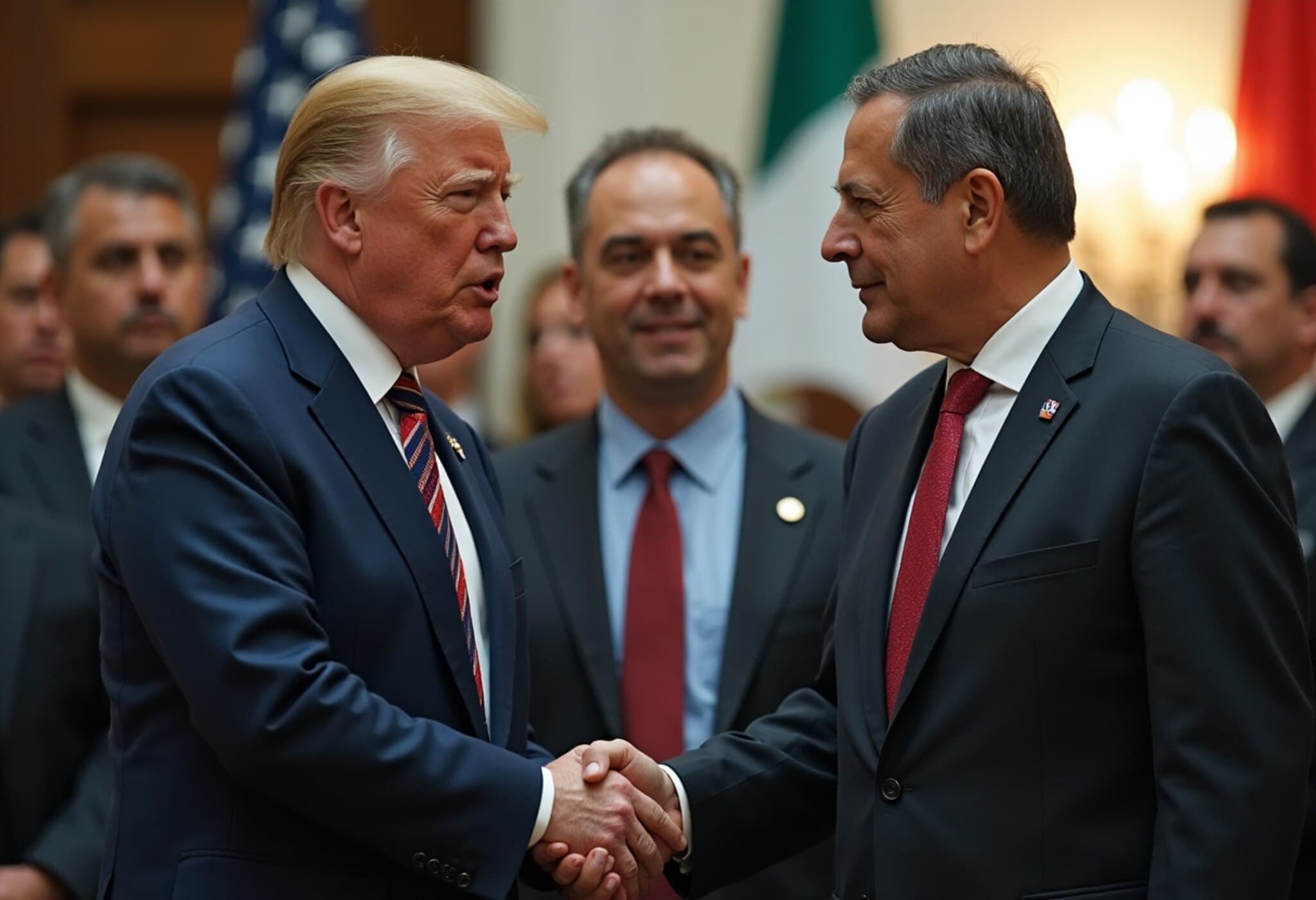U.S.-Venezuela Tensions Rise Amid Drug Trade Allegations
In recent weeks, the Trump administration has ramped up its military presence near Venezuelan waters, citing concerns over drug trafficking routes funneling cocaine into the United States. President Trump went so far as to announce a naval strike on a vessel accused of transporting drugs from Venezuela, sharing video footage he claimed documented the attack. Caracas, however, has dismissed the footage as artificially manipulated, escalating the already tense situation.
These developments unfold against a backdrop of the U.S. government accusing Venezuelan President Nicolás Maduro of masterminding a narcotrafficking network known colloquially as the "Cartel de los Soles," implicated in billions of dollars worth of cocaine shipments. Maduro, for his part, condemned the U.S. military buildup as "the greatest threat our continent has seen in the last 100 years."
Understanding Venezuela’s Position in the Global Cocaine Supply Chain
While Venezuela is often portrayed as a drug-producing powerhouse, experts urge a more nuanced perspective. It is not a primary cocaine producer. Instead, Venezuela’s strategic location with its extensive coastline and porous border with Colombia—the world's largest cocaine producer—makes it an appealing transit hub. This geographical advantage facilitates the flow of drugs from Colombia into international markets.
Corruption and institutional decay within Venezuelan security forces have enabled the narcotics trade to flourish. U.S. indictments have implicated elements of the Venezuelan military in handover and protection of shipments reportedly amounting to 200 to 250 metric tons of cocaine annually, representing roughly 10-13% of the global supply passing through the country. Yet, when contrasted with other nations’ drug trafficking volumes—such as Guatemala's estimated 1,400 metric tons trafficked in 2018—Venezuela's role, though significant, is not the dominant player it is sometimes portrayed to be.
Local Gangs and Drug Revenue: A Different Economic Model
Unlike their Mexican cartel counterparts, Venezuelan criminal groups tend to generate most of their revenue through extortion and local illegal activities rather than expansive international drug trafficking. Sociologist David A. Smilde from Tulane University emphasizes this distinction, noting that Venezuelan gangs prioritize domestic survival tactics over large-scale narcotics operations.
Venezuela and Fentanyl: Debunking Myths
Fentanyl-related overdoses have ravaged American communities in recent years, often spotlighting how this synthetic opioid enters the U.S. market. However, according to authoritative institutions like the DEA and the United Nations Office on Drugs and Crime, fentanyl is almost exclusively synthesized using precursor chemicals imported from China, with Mexico serving as the primary transit point into the U.S. There is no credible evidence that fentanyl is manufactured or trafficked through Venezuela or wider South America.
Reports of fentanyl-laced cocaine in the U.S. are more likely attributed to contamination within Mexico or on American soil rather than originating from cocaine shipments out of Venezuela.
Maduro’s Alleged Role in Drug Trafficking Networks
The U.S. Justice Department has formally indicted President Maduro, accusing him of leading the Cartel de los Soles—a network of military and political elites profiting from drug trafficking and other clandestine ventures. Charges filed in 2020 allege Maduro personally negotiated shipment routes and provided arms to armed Colombian groups to facilitate cocaine trafficking to the United States.
Despite these serious allegations, Maduro has not stood trial, and many claims remain legally unproven. Nevertheless, analysts agree that illicit revenue streams from drug trafficking, illegal mining, and corrupt government contracts are instrumental in sustaining Maduro’s grip on power. These funds nourish the ruling class and military leadership through widespread patronage, effectively consolidating loyalty and control.
Geoff Ramsey, a senior fellow at the Atlantic Council, encapsulates this strategy: "If there’s one thing Maduro excels at, it’s managing to keep the inner circle content with vast patronage schemes intertwined with corruption." It’s important to understand that the "Cartel de los Soles" functions less as a traditional cartel and more like an organized network reinforcing Venezuela's authoritarian state apparatus.
Notably, the term refers to the sun badges Venezuelan generals wear, symbolizing the military’s embedded role in illicit trafficking.
The Reality Behind the U.S. Naval Deployment
Data from Colombia, the U.S., and the United Nations reveal that the majority – about 74% – of cocaine shipped to the United States transits through the Pacific route, predominantly from Colombia and Ecuador, rather than through the Caribbean. Only about 24% moves through Caribbean corridors, where Venezuela is influential.
This geographic dynamic suggests that the recent U.S. naval deployment near Venezuela might have limited impact on the overall flow of drugs into the U.S. Instead, analysts widely interpret the deployment as a strategic demonstration of strength aimed more at sending a political message than disrupting drug networks.
Geoff Ramsey remarked, "This deployment signals more saber-rattling than an actionable counter-narcotics operation, especially given President Trump's campaign promises to end foreign conflicts."
Wider Political and Regional Implications
- The U.S. has simultaneously signaled an easing of economic sanctions by allowing Chevron to resume operations in Venezuela’s oil sector, a move that many in the Venezuelan and Cuban diaspora in Florida have criticized as legitimizing Maduro.
- The naval show of force can be seen as balancing such economic engagements with a hardline posture to appease domestic political constituencies.
- Moreover, the Trump administration’s invocation of the Alien Enemies Act to deport Venezuelan migrants—despite judicial pushback—raises legal and human rights concerns amid these broader tensions.
Critical Questions and Overlooked Narratives
While Maduro’s alleged direct involvement in trafficking warrants scrutiny, the broader geopolitical context is complex. How does the U.S.’s focus on Venezuela shift attention away from Mexico or other major drug transit points? Could this naval deployment provoke retaliatory moves, legitimizing claims of open conflict and further eroding diplomatic options?
It’s also vital to consider how Venezuela’s internal socio-economic collapse and authoritarian governance create fertile ground for corruption and illicit economies, beyond drug trafficking alone.
Editor’s Note: Navigating the Complexities of Drug Policy and Diplomacy
The escalating U.S.-Venezuela confrontation over drug trafficking underscores the tangled web of narcotics, politics, and regional insecurity. While Venezuela undoubtedly plays a role in cocaine transit, its involvement is often exaggerated in public discourse to serve geopolitical narratives. The persistent challenge of U.S. drug demand, evolving trafficking routes, and domestic political considerations intertwine to shape policies that might not always align with on-the-ground realities.
Readers are encouraged to critically assess simplified narratives and consider the intricate socio-political factors at play—reminding us that solutions require more than military posturing; they demand comprehensive strategies addressing governance, corruption, and drug consumption patterns.




